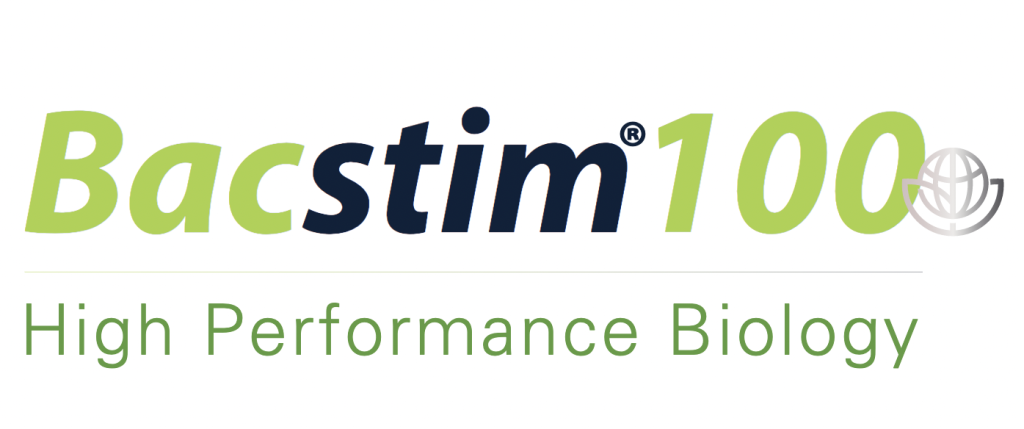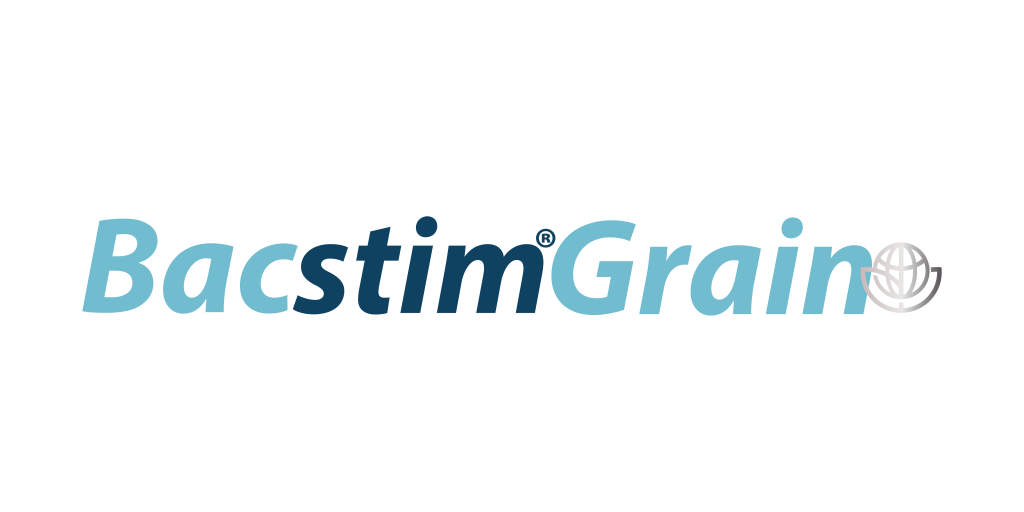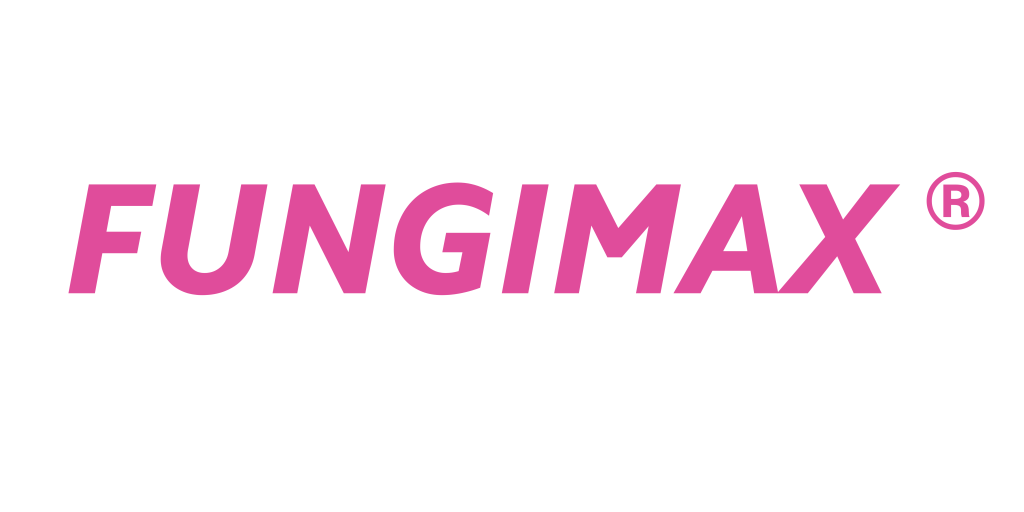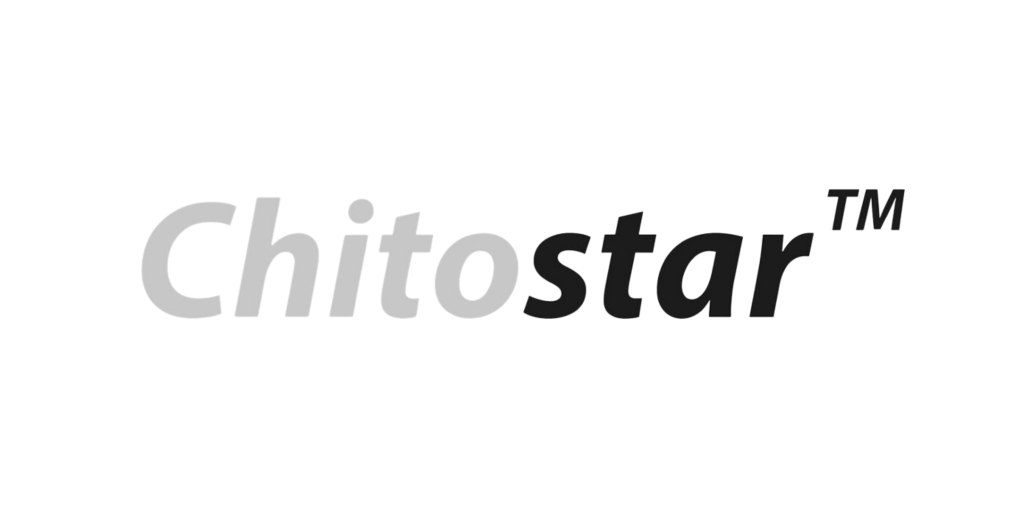OMNIBIO®
OMNIBIO® aims to protect soil health and biodiversity with the use of analytical services, microbial products, soil conditioners and bio-stimulants. OmniBio® determines the type and quantities of microorganisms present in the soil. This analysis leads to recommendations regarding the restoration of imbalances, using Omnia Nutriology’s tailor-made products. Correction of these imbalances leads to a more productive and sustainable soil environment
OmniBio® products
Broadly stating, microbial and non-microbial bio-stimulants.
It is well known that the close relationship between plants and microbes that live around the plant roots can benefit from our BACSTIM® product.
BACSTIM® contains highly beneficial Bacillus species that enable plants to:
- Produce phytohormones that encourages root growth
- Improve nutrient mineralization and uptake
- Improve stress resistance
- Increase crop biomass and yield

It is well known that the close relationship between plants and microbes that live around the plant roots can benefit from our BACSTIM® product.
BACSTIM® contains highly beneficial Bacillus species that enable plants to:
- Produce phytohormones that encourages root growth
- Improve nutrient mineralization and uptake
- Improve stress resistance
- Increase crop biomass and yield

OmniBio® has developed a range of products under the trade name Rhizovator™ that consists of various stimulants, for instance humates, kelp and amino acids, as well as other new and exciting components.
The difference
- Improved germination
- Early establishment and development of seedlings / cuttings
- Earlier and increased biomass / chlorophyll production
- Higher root mass and better root growth
- Serves as a food source for beneficial microbes
- Improved nutrient use efficiency
- Better disease resistance

International research found that creating a healthy environment for roots to thrive in and adding natural stimulants could enhance root growth and proliferation dramatically, even doubling water use efficiency and boosting nutrient uptake by up to 400%.
The Benefits of using RHIZOVATOR™ PC
- Improved germination
- Early establishment and development of seedlings / cuttings
- Earlier and increased biomass / chlorophyll production
- Higher root mass and better root growth
- Serves as a food source for beneficial microbes
- Improved nutrient use efficiency
- Better disease resistance

The success of any yield largely depends on how effectively the roots develop. Better root development leads to increased access to available moisture and nutrients, resulting in improved yield and quality.
ORGANOCELL® plays an important role in limiting fruit-drop by strengthening the connections between the fruitlets and the mother plant in the following ways:
- Activating natural triggers that counter the negative effects of abscisic acid, reducing fruit-drop;
- Improving nutrient transport to developing fruit

LIQUIMATE™ 14 is an innovative additive to liquid fertilizer that contains all the essential micronutrients and humic acid. It is used as a supplement to prevent nutrient deficiencies in various crops. The humic acid component inLIQUIMATE™ 14 enables seedlings to establish quicker and increases the plant’s tolerance to environmental stress conditions.

Soil is a living system filled with biological life that is not always visible to the naked eye. It supports microscopic organisms that form part of the soil environment. These micro-organisms help to make soil nutrients more available to plants by forming a network that transports the nutrients to the roots in a plant available form.
Benefits of FUNGIMAX® includes:
- Improves nutrient retention
- Improves nutrient availability to plants
- Stimulates plant root growth and soil biological activity

The benefits of OMNICAL® include:
- Does not acidify the soil – in fact, it actually increases pH;
- Is a high quality granular product for easy handling and application. Also available in liquid form;
- Has a relatively low hygroscopicity, meaning the product can be stored for longer periods;
- Is highly soluble – 1,2 kg can be dissolved in 1 liter of water at 25°C. OMNICAL® is practical for use in field as a foliar or in fertigation applications.

Humic acids are naturally derived from the breakdown of plant and microbial matter. Humic acids are the foundation of all fertile soils. Over the years, these humic acids accumulate in the soil. This provides the soil with greater nutrient holding ability, water holding capacity, a readily available carbon food source for beneficial soil micro- organisms and better soil structures. This is nature’s way of minimising nutrient losses in order to maintain long-term soil fertility and to ensure sustainable plant growth.

CHITOSTAR™ is a liquid biostimulant which contains chitosan (chito-oligosaccharide), a natural amino polysaccharide that equips plants to better manage abiotic stresses, especially those associated with pests and drought.
CHITOSTAR™ has been proven to statistically increase the growth of crops in greenhouse and field conditions. CHITOSTAR™ contains specific micronutrients to support plant growth in adverse environmental conditions, by activating the plants’ natural defence and detoxification systems.

OmniBio® services
Omnibio® index
The OmniBio® Index consists of four different scores; nematode risk, phosphorous mineralization, urease mineralization and rhizo-health (root health).
Nematode analysis
Omnia’s nematode analysis has ISO 17025 accreditation and is exclusive to the OmniBio TM lab – as well as being a first for South Africa. This analysis entails:
- Identification and quantification of free-living nematodes from soil and roots
- Identification and quantification of plant parasitic nematodes from soil and roots.
Free-living nematodes regulate populations of soil organisms and contribute to soil fertility. The numbers and types of nematodes in the soil consequently reflect the amount of food available, which gives an indication of soil microbial diversity.
SOil Health prism
The Soil Health Prism is based on evaluating and characterising specific quantitative and qualitative soil indicators which may very well be the major constraints for crop yield and quality. These indicators fall within the guidelines of Doran and Parkin, 1994, which ensure that the indicators integrate soil physical, chemical and biological properties and processes, correlate well with the ecosystem, are sensitive to management and climate, can be interpreted and lastly, are components of existing databases and relevant to South African soils

